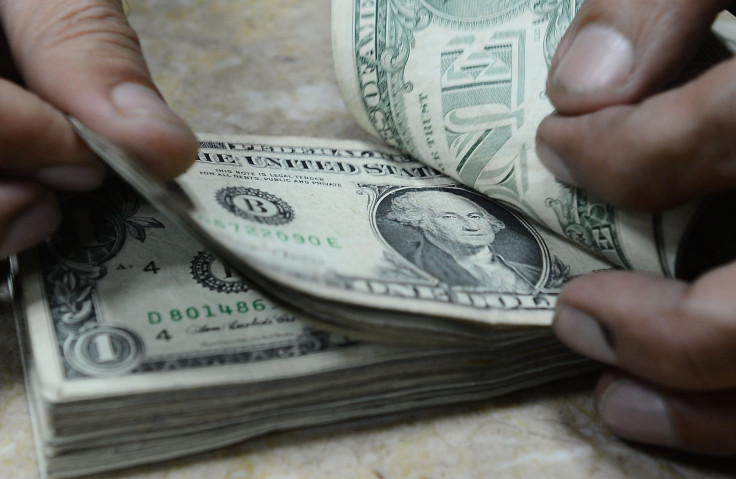Income Inequality 2014: Ahead Of Midterm Elections, Harvard Study Says Americans Grossly Underestimate Inequality

If critics of income inequality are wondering why the growing gap between rich and poor hasn’t been a more potent political issue in the upcoming U.S. elections, a study offers some answers: It may be because many Americans grossly underestimate just how unequal the country is. That's one of the key findings of a survey showing the actual gap between CEO and average worker pay in America is more than 10 times higher than the typical American perceives.
The study by Harvard University and Chulalongkorn University researchers compiled survey data from 40 countries about perceptions of pay gaps between rich and poor. In every country, respondents underestimated the size of the gap between CEO and average worker pay. In the United States, for example, the researchers found the median American respondent estimated at major corporations, the ratio of CEO to worker income is about 30-to-1. In reality, the gap is roughly 354-to-1.
The study also found the median American respondent said the ideal pay gap is about 7-to-1 -- a lower ideal than respondents in industrialized countries like Australia, South Korea and Taiwan, and roughly equivalent to respondents in France. In fact, no major industrialized country has anywhere close to a 7-to-1 pay gap; that ratio would be more than seven times lower than the actual gap in social democratic countries like Denmark and Sweden.
A separate study from Harvard researchers indicates if CEO compensation was held constant, American workers would have to make $1.8 million a year to reduce the gap to 7-to-1 gap.
In an interview with the Harvard Business Review, one of the researchers who conducted the pay gap study said Americans' misperceptions about inequality may be the reason it hasn't become more of a political issue.
“The lack of awareness of the gap in CEO to unskilled worker pay -- which in the U.S. people estimate to be 30-to-1 but is in fact 350-to-1 -- likely reduces citizens’ desire to take action to decrease that gap,” Harvard's Michael Norton said.
Early on in the 2014 election cycle, Democrats seemed poised to make economic inequality a central focus of their campaigns, following the high-profile election victories of economic populists like Sen. Elizabeth Warren and New York City Mayor Bill de Blasio. But as the Washington Post reported, internal Democratic Party polling "found that talking about income inequality does not register strongly with the American public and risks accusations of class warfare." Recent polling from the Pew Research Center found while a large majority of Americans acknowledge the growing gap between rich and poor and see it as a problem, there is little public consensus on the cause of -- or proper counter to -- that trend.
That lack of consensus coupled with a lack of understanding of how large the pay gap is has complicated Democrats' efforts to make inequality a rallying point. In an interview with the Washington Post, Democratic pollster Geoff Garin said an additional obstacle to making economic inequality a political issue is the perception that it has no concrete consequences for voters' daily lives.
"It doesn’t have a personal immediacy and there are lot of other things that speak to income inequality that are much more immediate and much more tangible and much more real to people," he told the newspaper.
Some recent news events, however, have challenged that perception. Strife between police and protestors in Ferguson, Missouri, for example, has sparked a high-profile debate about economic inequality's connection to criminal justice. Meanwhile, Standard & Poor's has released reports showing the widening gap between rich and poor threatens America's overall economic growth and is exacerbating state budget crises.
© Copyright IBTimes 2024. All rights reserved.












